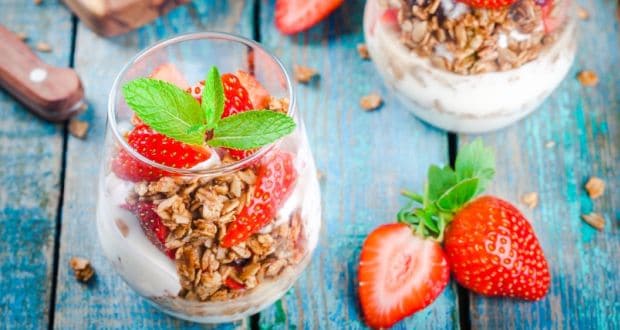Every individual reacts to various foods differently, but there are certain foods that can trigger an asthmatic attack in this cold weather. Here are some foods suggested by Nutritionist Dr. Simran Saini from Fortis Hospital, which an asthmatic MUST AVOID.
1. Sour fruits (containing citrus)
Citrus fruits increase the risk of asthma attack. The pulp in these fruits can be one of the major triggers of asthma. It is best to avoid them.

Citrus fruits increase the risk of asthma attack2. Cold dairy products
Asthma patients should keep away from dairy products like milk, ice cream, yogurt, cheese as much as they can, as they can easily trigger an attack, which may include wheezing and coughing.

Asthma patients should keep away from dairy products like milk, ice cream, yogurt, cheese3. Junk food
Junk food is not only bad for your waistline but also for your lungs. According to a study published in the British Medical Journal, more servings of fast food were found to increase the risk of severe asthma by 39 percent for teens and 27 percent for children. Researchers revealed that it may be due to high levels of saturated and trans fat found in these foods, which can further weaken the immune system.
(Also read: What Happens To Your When You Stop Eating Junk Food?)

Junk food is not only bad for your waistline but also for your lungs4. Preservatives
Preservatives are designed to increase the shelf-life of the foods and the additives added to these foods can be hazardous for asthmatics. Labels like potassium bisulfite and sodium sulfite should be additives you should look out for. If the food item you are buying mentions these on the label, avoid consuming these foods.(Also read: 6 Natural Ingredients to Preserve Food Without Using Food Additives)

Preservatives are designed to increase the shelf-life of the foods5. Shrimp
Shrimps also contain sulfites that inhibit the growth of black spots on them, especially do not eat the frozen shrimps that are a sure-shot way to trigger attack.

Shrimps also contain sulfites that inhibit the growth of black spots on themApart from these ensure that you are not exposed to pollutants, especially inside your homes; which may include smoke from the kitchen while making food, strong odours, incense sticks (agarbattis) etc.
Look out for any food allergy that already persists and which may trigger an attack. Consult your doctor for any serious allergies and attacks.










